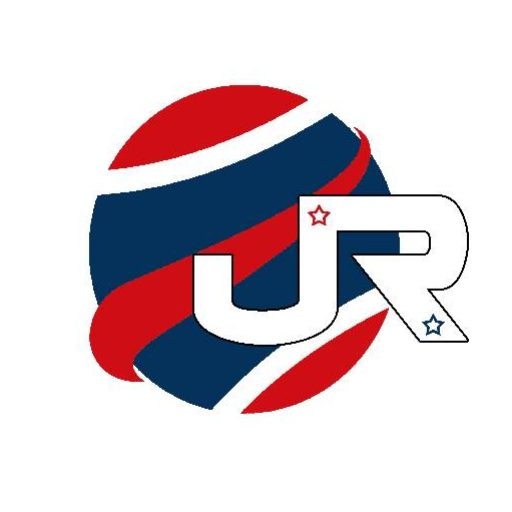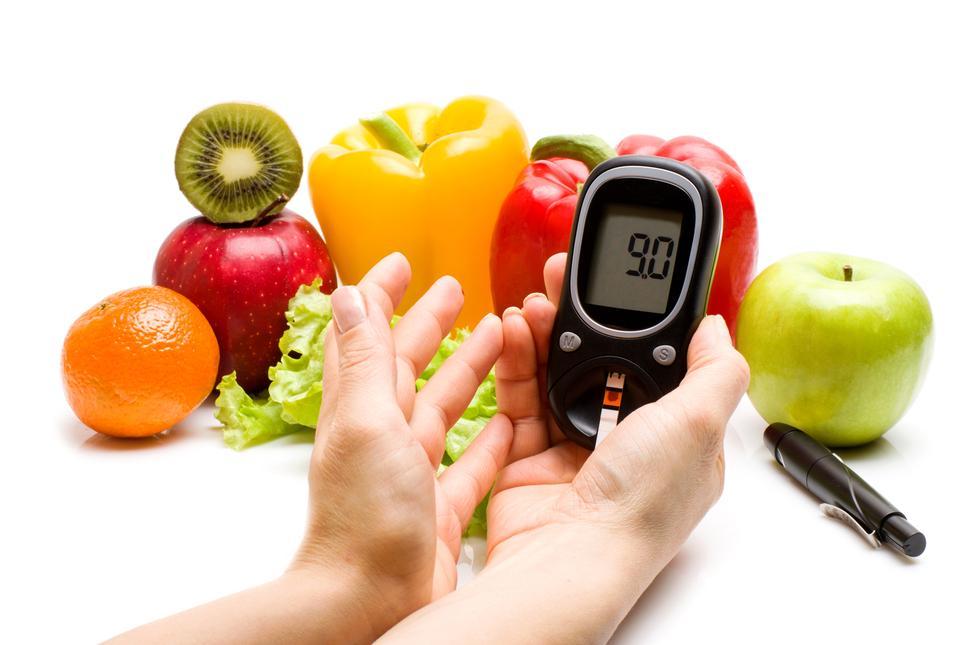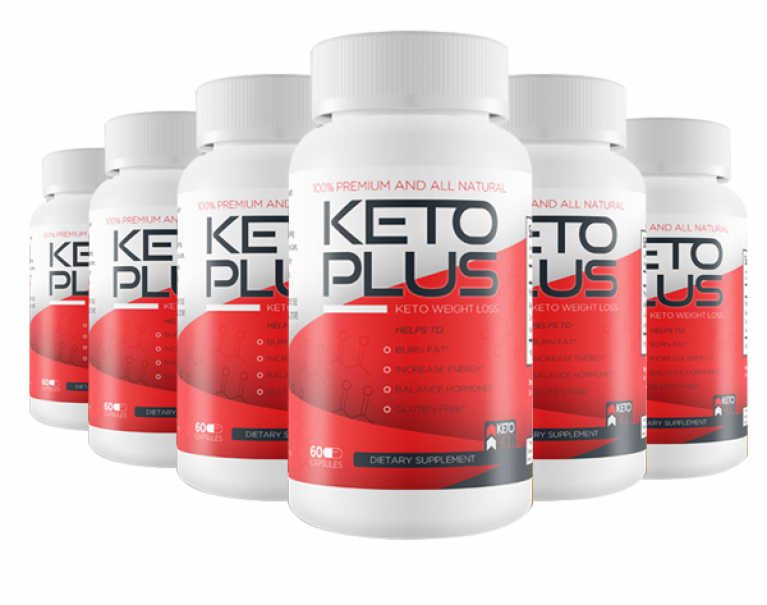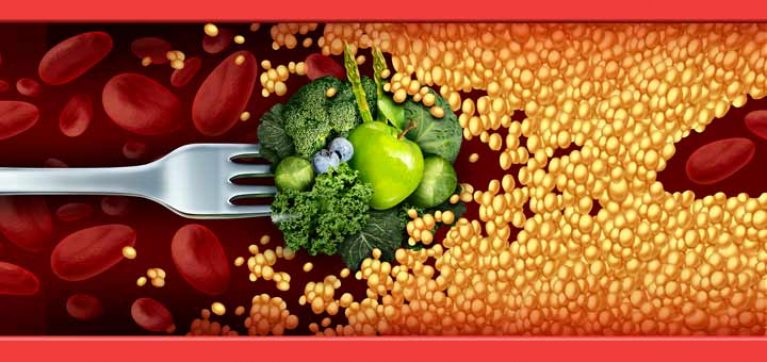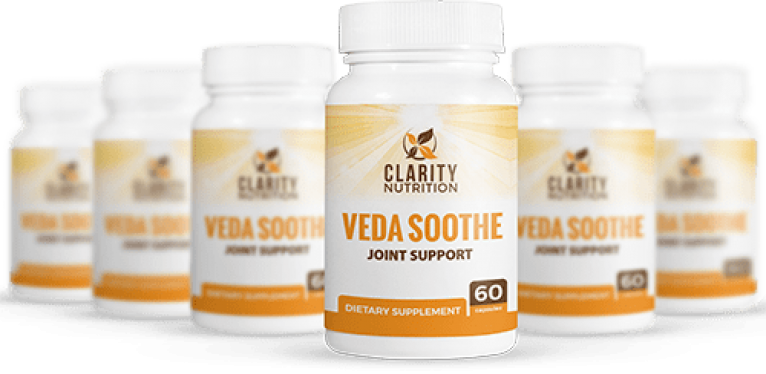Top 4 Recommendations for Diet to Regulate Cholesterol.
Learn to regulate your cholesterol fast, without complications and without medication. One of our dietary recommendations to regulate cholesterol is that every day you consume a high amount of fiber. Has your doctor told you that you have high cholesterol levels? In that case, I may have given you some medications and recommendations to control it. Encourage your improvement with the following dietary recommendations to regulate cholesterol. You will realize that they are practical and very quick tips. The best thing is that they are easy to incorporate and will not force you to spend more. Ready? Take note and put them into practice today.
https://www.youtube.com/watch?v=Ha3_bMpIZjU
What is Cholesterol?
Before giving you dietary recommendations to regulate cholesterol you should know that it is produced by the liver. Through cholesterol, the cells of your body receive the correct amount of fats. The problem appears when those fats you eat are of poor quality. In this case, cholesterol will be too, and your cells will be poorly nourished.
Dietary Recommendations to Regulate Cholesterol
1. Eat Monounsaturated Fats
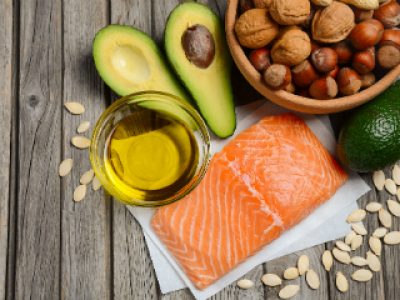 It is believed that having high cholesterol should stop eating all kinds of fats. Actually, one of the dietary recommendations to regulate cholesterol is to consume healthy fats. The monounsaturated fats increase the amount of HDL cholesterol. This is the good cholesterol that we all need in high quantities. Among the foods that contribute this type of fats are: olive oil, nuts, canola oil, olives, coconut oil, almonds, egg and avocado. Therefore, try to include one of these fats at all times (breakfast, lunch and dinner). When buying them, it is important that you choose the best quality ones so that the results are optimal. Just remember to watch the portions as you can easily exceed the calories. Something you should never do is mix two natural fats unless you have well controlled portions. For example, if you add nuts in your salad, avoid dressing with oil. Instead, add a touch of flavor with a vinaigrette or similar dressing.
It is believed that having high cholesterol should stop eating all kinds of fats. Actually, one of the dietary recommendations to regulate cholesterol is to consume healthy fats. The monounsaturated fats increase the amount of HDL cholesterol. This is the good cholesterol that we all need in high quantities. Among the foods that contribute this type of fats are: olive oil, nuts, canola oil, olives, coconut oil, almonds, egg and avocado. Therefore, try to include one of these fats at all times (breakfast, lunch and dinner). When buying them, it is important that you choose the best quality ones so that the results are optimal. Just remember to watch the portions as you can easily exceed the calories. Something you should never do is mix two natural fats unless you have well controlled portions. For example, if you add nuts in your salad, avoid dressing with oil. Instead, add a touch of flavor with a vinaigrette or similar dressing.
2. Add Polyunsaturated Fats, Especially Omega-3
Another dietary recommendation to regulate cholesterol is to consume enough omega-3. Like monounsaturated fats, omega-3s reduce the amount of LDL cholesterol. In a study it was found that people who change the common fats for omega-3 reduce:
- Harmful cholesterol
- The risk of type 2 diabetes
- Reduces insulin resistance
The best foods to obtain this type of fats are: salmon, tuna, nuts and shrimp. Also, a good way to know that you are consuming enough omega-3 is to add a portion of fish to your diet twice a week. Now, although salmon is well known for its omega-3s, it is not mandatory that you consume it. If your pocket does not allow you to eat it often, change it for the natural tuna. It is equally beneficial but much cheaper. Of course, remember to choose fresh tuna before the can. Tin can be consumed occasionally but remember that it contains preservatives and salt. These elements can make your cholesterol problems worse.
3. Avoid Tran’s Fats at all Costs
 Another dietary recommendation to regulate cholesterol is to avoid Tran’s fat to the fullest. These are usually present in foods that have been highly processed, such as margarines, cakes and commercial breads. They are one of the most used elements in the food industry because they have greater resistance to environmental temperature. In addition, they provide better texture. Despite these benefits, the Trans fats to FFECTING the health of your heart and reduce the amount of beneficial cholesterol. Therefore, when buying processed, ready-to-eat or frozen foods check the label. Ideally, avoid those who say something similar to “partially hydrogenated.”
Another dietary recommendation to regulate cholesterol is to avoid Tran’s fat to the fullest. These are usually present in foods that have been highly processed, such as margarines, cakes and commercial breads. They are one of the most used elements in the food industry because they have greater resistance to environmental temperature. In addition, they provide better texture. Despite these benefits, the Trans fats to FFECTING the health of your heart and reduce the amount of beneficial cholesterol. Therefore, when buying processed, ready-to-eat or frozen foods check the label. Ideally, avoid those who say something similar to “partially hydrogenated.”
4. Eat Enough Soluble Fiber
Soluble fiber is a compound present in vegetables that is difficult to dissolve in water and that the stomach does not digest.
“This means that it almost completely reaches your digestive tract and forces them to work”.
In addition, it is a vital element for the correct reproduction of beneficial intestinal bacteria (probiotics). When your body has the correct amount of probiotics , the negative cholesterol decreases drastically. Therefore, one of our dietary recommendations to regulate cholesterol is that every day consumes a high amount of fiber. You can get this from: green vegetables, beans, lentils, chickpeas, fruit, oats and wheat.
what foods to eat to lower cholesterol?, foods that lower cholesterol fast, low cholesterol food list, what are the worst foods for high cholesterol, low cholesterol diet plan, foods to avoid with high cholesterol, diet plan to lower cholesterol and lose weight, how to reduce cholesterol in 30 days, jrhonest.com, jrhonest, jr honest reviews
#whatfoodstoeattolowercholesterol? #foodsthatlowercholesterolfast #lowcholesterolfoodlist #whataretheworstfoodsforhighcholesterol #lowcholesteroldietplan #foodstoavoidwithhighcholesterol #dietplantolowercholesterolandloseweight #howtoreducecholesterolin30days #jrhonestcom #jrhonest #jrhonestreviews
